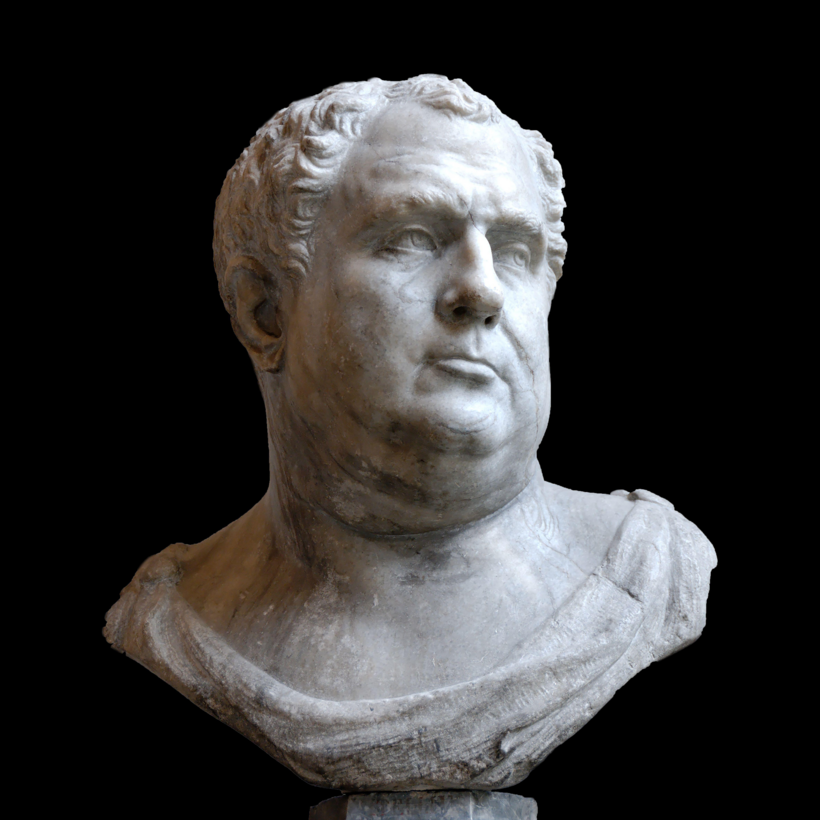Peter Stothard’s tremendous history of Rome under the first imperial dynasty begins, quite literally, in the doghouse. It’s AD69, the Year of the Four Emperors, and the city is in turmoil. In his deserted palace on the Palatine Hill, the vast, sweating figure of Aulus Vitellius is searching for a hiding place. He staggers through audience chambers, offices, banqueting halls and kitchens until, in desperation, he pushes at an unmarked door and finds himself in a darkened room where his guards used to keep their dogs.
Vitellius props a bed against the door and listens hard. He can hear soldiers’ voices and the sound of boots on marble. He’s a huge, hulking man, his belt of hidden gold coins taut around his bulging waist. He waits, scarcely daring to breathe. The footsteps come closer. The door opens. He feels rough hands on his toga, a dog snapping at his legs. The game is over; he has barely an hour left to live.

